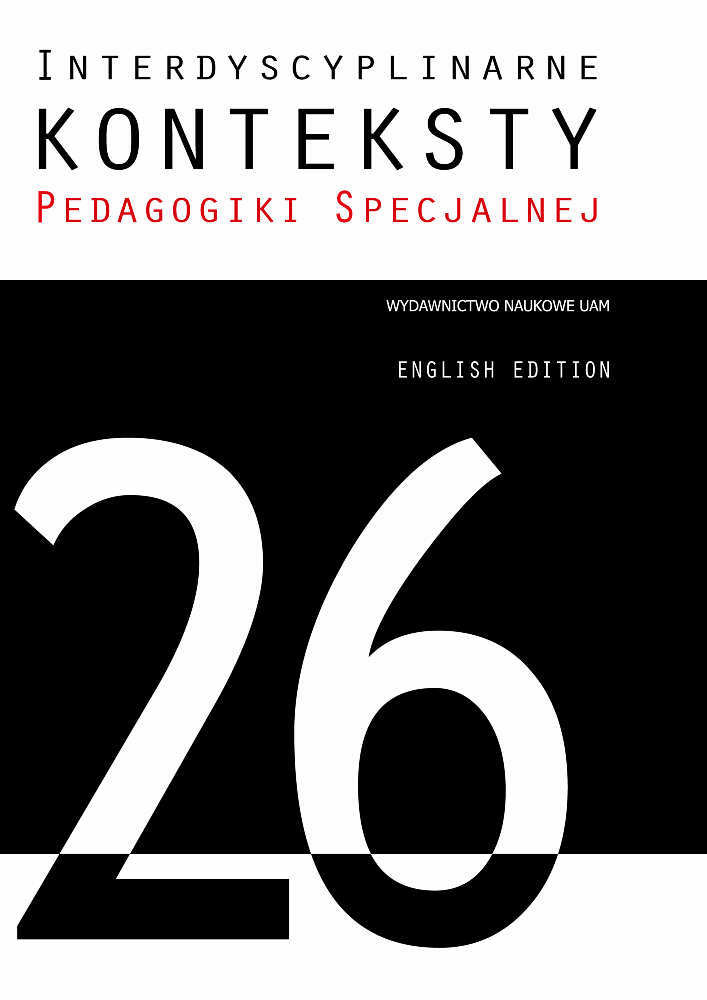Abstrakt
The issues of eugenics, although they clearly emerged as late as in the second half of the nineteenth century, was not unknown to humanity in the distant ancient times. From the moment when F. Galton consolidated the theses currently recognized as eugenics, simultaneously introducing the concepts of “eugenics” and “eugenic”, eugenics very quickly found its supporters around the world. Its exceptional exemplification and development was noted in the first half of the twentieth century, which absolutely does not mean that it does not exist nowadays in a different form, using other methods of control and elimination of imperfections of the Homo Sapiens species, as well as undesirable social phenomena. This includes activities not only aimed at prevention, diagnosis or therapy of individual and civilization problems, but are also more radical ones, such as abortion carried out for eugenic purposes. Thus, the content of the article not only discusses eugenic issues in the theoretical context, but also presents opinions of selected groups of people with disabilities,
participating in the implementation of the project entitled: “Implementation of the Convention on the Rights of Persons with Disabilities, a Common Matter”, conducted in Poland in 2016–2018, concerning the proposal to introduce a total ban on eugenic abortion into Polish legislation.
Bibliografia
Black E., Wojna przeciw słabym, Wydawnictwo Muza, Warsaw 2004.
DeJong Lambert W., Przyczynek do myśli eugenicznej i łysenkizmu w polskiej biologii okresu międzywojennego i w latach powojennych, [in:] Eugenika – biopolityka –państwo. Z historii europejskich ruchów eugenicznych w pierwszej połowie XX w., eds. M. Gawin, K. Uzarczyk, Wydawnictwo Neriton, Instytut Historii PAN, Warsaw 2010, pp. 187–204.
Dybowski B., Kilka uwag dotyczących stanowiska antropologii i jej przyszłej działalności, „Światowit: Rocznik Muzeum Archeologicznego im. Er. Majewskiego Towarzystwa Naukowego Warszawskiego”, vol. XII, no. 3, 1924/1928, pp. 11–16.
Eugenika, Encyklopedia PWN (online version): https://encyklopedia.pwn.pl; date of access: 3 February 2019.
Galton F., Inquiries into Human Faculty and its Development, F.R.S. (First issue of this Edition 1883), J.M. Dent & CO, London 1907.
UN Convention on the Rights of Persons with Disabilities, UN, New York 2006.
UN Convention on the Rights of Persons with Disabilities, Journal of Laws of 25 October 2012, item 1169.
Kossobudzki P., Eugenika, czyli jak wychować nadczłowieka, „Gazeta Wyborcza”, 28 November 2013; http://wyborcza.pl/piatekekstra/1,129155,15041710,Eugenika__czyli_jak_wyhodowac_nadczlowieka.html; date of access: 4 February 2019.
Musielak M., Sterylizacja ludzi ze względów eugenicznych w Stanach Zjednoczonych, Niemczech i w Polsce (1899–1945): wybrane problemy, Wydawnictwo Poznańskie, Poznań 2008.
Report summarizing the community consultation debates carried out under the project: “Implementation of the Convention on the Rights of Persons with Disabilities, a Common Matter”, the Polish Disability Forum, Warsaw 2017.
Reagan R., Abortion and the Conscience of the Nation, “Human Life Review”, vol. IX, no. 2, 1983, pp. 7–16.
Singer P., O życiu i śmierci. Upadek etyki tradycyjnej, PIW, Warsaw 1994.
Sugalska I., Eugenika. W poszukiwaniu istoty niemieckiego totalitaryzmu, Bogucki Wydawnictwo Naukowe, Poznań 2015.
Szczodrowski H., Co robi Polskie Towarzystwo Eugeniczne, „Zagadnienia Rasy”, Yearbook 9, vol. 3, 1927, pp. 11–12.
Wernic L., Eugenika jako nauka i jej granice, „Zagadnienia Rasy”, Yearbook 15, vol. 7, no. 3, 1933, pp. 199–211.
Zabłotniak R., Dzieje Polskiego Towarzystwa Eugenicznego, „Kwartalnik Historii Nauki i Techniki”, no. 4, 1971, pp. 769–787.
Zaremba Bielawski M., Higieniści. Z dziejów eugeniki, Wydawnictwo Czarne, Warsaw 2011.
